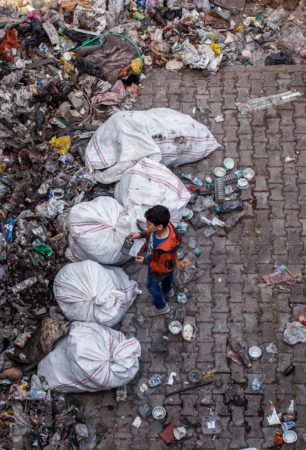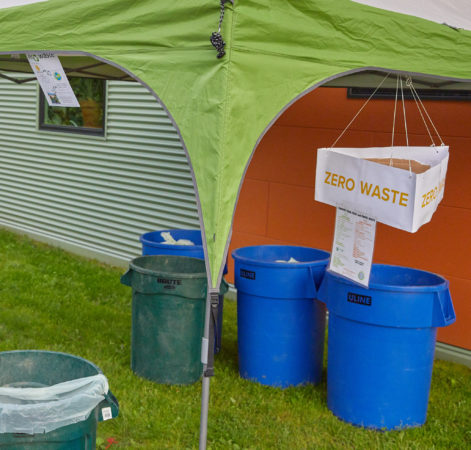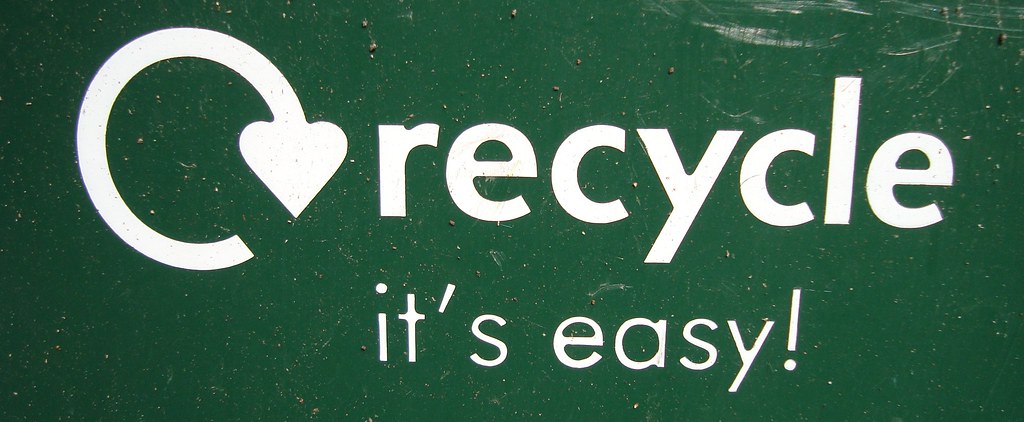Why Single-Stream Recycling Isn’t a Solution for Single-Use Plastic
Single stream recycling was introduced to make recycling an easy and convenient process. It relieves the average person from the burden of determining what class of recyclable their waste belonged to.
Unfortunately, since the widespread adoption of single stream recycling, contamination rates in the stream have risen dramatically. Today, 25% of the stuff we recycle is too contaminated to be processed by our recycling facilities. What counts as contamination? Individual items can be contaminated—like peanut butter jars with peanut butter still in them, or cardboard that’s gotten wet or greasy. Even worse, entire bins may be deemed contaminated if they contain items that can’t be recycled!
Our system of recycling works because there is a market for buying used plastics and metals to be turned into new products. But contaminated plastics make recycling less valuable—both as individual bales of plastic and a system as a whole.


The cost of recycling has risen in recent years, which means fewer locales can actually afford to do it. Some economists believe that it’s actually more efficient and environmentally friendly to not recycle at all! They argue that the collection, processing, overseas transport, and re-processing necessary to give our waste a new life releases more greenhouse gases than if we just put certain recyclables in the landfill.
To be clear: we should definitely continue to recycle when appropriate. Just because we don’t have a perfect recycling system yet doesn’t mean we should give up on it altogether.
However, there are actions that we should be taking to mitigate the issue. A great first step is to make sure your recycling bin contains only high quality recycling material, such as clean, clear plastics or aluminum cans. If in doubt, check out your local recycling center’s guidelines of recycling practices that work best for them. For example, did you know that some facilities do accept plastic bottles, but don’t accept bottle caps, because they’re made from different plastics?
Most importantly, we should all try to create less waste—recyclable or otherwise—in the first place!
We have to be more careful
This is part of why we’re participating in Plastic Free July, and why we’re very intentional about how we manage our waste at company events.
Our 2019 Annual Summer Solstice Party was a zero-waste event, which means that everything was either compostable or washable. We invite you and other companies to join us in ushering in a plastic-free future.







